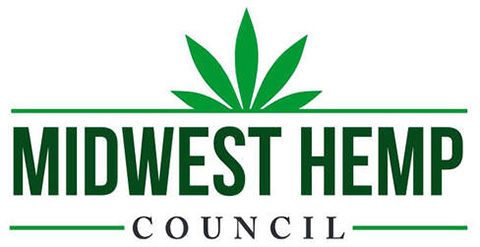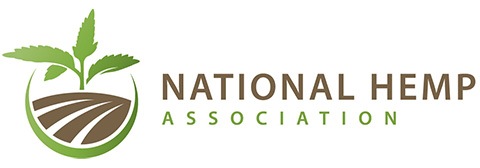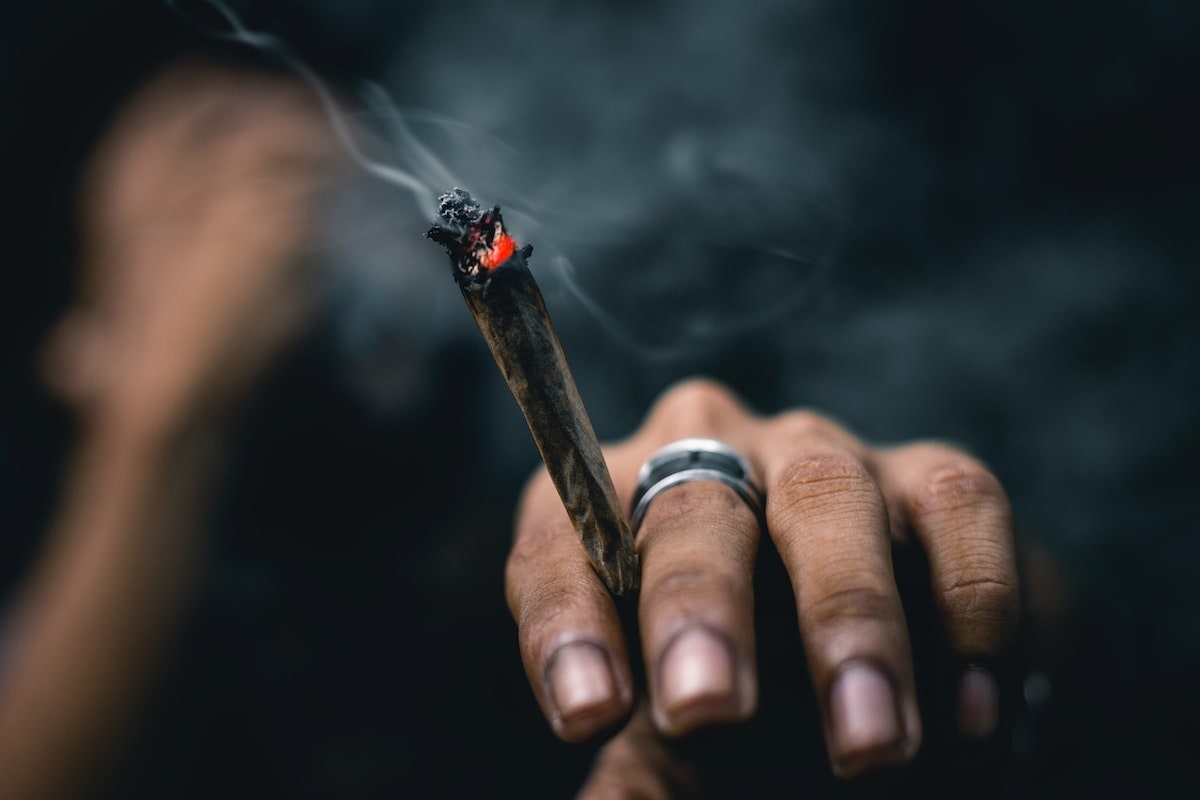
With rates for CBD hemp biomass eroding dramatically and fewer processors willing to pay cash for such raw material, smokable hemp flower has since last year become a more prevalent production target among growers seeking higher commodity prices. According to data collected in our latest Hemp Benchmarks Spot Price Index Report, as of July the price for a pound of smokable CBD hemp flower was nearly 20 times that of a pound of hemp biomass, if assuming a CBD potency of 10% for the latter. However, approaches to regulating smokable hemp are uneven across different states and nonexistent in some, creating confusion and difficulties in the market.
Smokable Hemp Raises Legal Questions, Causes Confusion
In late June, attorney Andrew Subin noted on the Hoban Law Group website that the popularity of smokable hemp is raising some touchy legal questions. “Why are some jurisdictions banning smokable hemp?’” he asked. “Are such bans constitutional? … What about shipping? What about law enforcement? These are just a few of the important questions facing the smokable hemp industry in 2020.”
Subin also pointed out that the primary reason behind smokable hemp prohibitions in some states boils down to law enforcement issues. “It is impossible for … law enforcement working in the field to tell the difference between lawful hemp flower (less than 0.3% THC) and unlawful psychoactive cannabis flower (greater than 0.3% THC),” he wrote.
That sentiment was echoed by Daniel Shortt, a Seattle-based attorney who is part of the cannabis group at international law firm Harris Bricken. “There’s no difference between hemp and marijuana to the naked eye,” he told Hemp Benchmarks. “A lot of police departments … threw their hands up in the air and said ‘how can we enforce this?’ And as you see this play out in these states that aren’t as comfortable with cannabis generally, [banning smokable hemp] isn’t a great solution but it addresses these problems.”
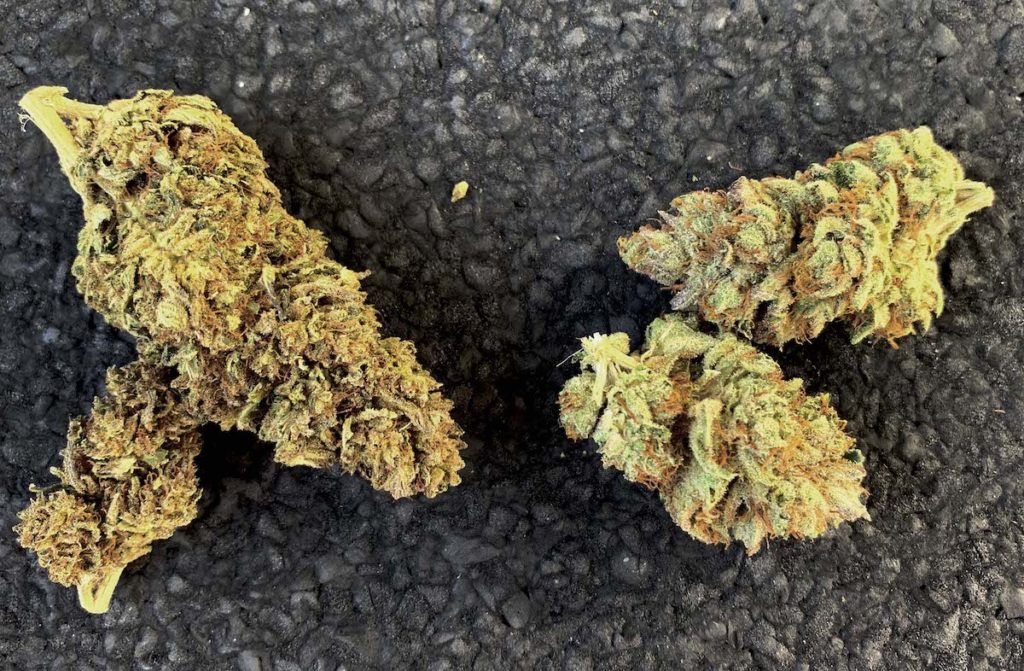
What is the ‘State’ of Play?
Harris Bricken has a team of attorneys who track hemp/CBD laws and regulations in all 50 states. Every month for several years now, their research has been summarized and updated in the firm’s Hemp CBD Risk Matrix.
According to Hemp Benchmarks’ analysis of the July edition of the matrix, smokable hemp is legal, technically legal, or at least not prohibited (outside of certain age limits and local restrictions) in 27 states, while another eight states have laws that prohibit or severely restrict smokable hemp. In the remaining 15 states, laws regarding smokable hemp remain unclear, complicated, or currently under legal dispute.
Shortt, who helps to organize the Hemp CBD Risk Matrix, believes a lot of states are deliberately putting off making clear distinctions regarding the legality of smokable hemp, along with other hemp-derived CBD products, as they await more direction from the federal government on the issue.
Test Cases
The hemp industry is looking closely at states where legal battles have arisen over smokable hemp as potential test cases for the emerging market. In 2019, a group of Indiana-based companies challenged a law that criminalized the manufacture, financing, possession, and sale of smokable hemp by filing a federal lawsuit days before the law was to go into effect, calling for a temporary injunction.
Last September, a U.S. district court judge granted a preliminary injunction against the smokable hemp ban in Indiana. The state appealed that decision and the Chicago-based Seventh Circuit became the first federal appellate court to consider the smokable hemp issue. Last month, the Seventh Circuit ruled unanimously that the lower court’s injunction was too broad and that Indiana could enforce its ban against smokable hemp.
Also last year, Texas Governor Gregg Abbott signed into law a measure that legalized the cultivation, possession, and sale of industrial hemp in the state. The law also banned the “processing or manufacturing of a consumable hemp product for smoking.” That ban went into effect on August 2 of this year. Just days later, four Texas companies filed a lawsuit demanding the smokable hemp prohibition be overturned.
Industry Impacts
Industry observers believe the Seventh Circuit’s ruling in the Indiana case could have a lasting impact on America’s hemp sector. “Should other federal courts follow the Seventh Circuit’s analysis,” the legal information website JD Supra commented in early August, “the manufacture and sale of smokable hemp would only be permitted in states … that expressly authorize its manufacture and sale.”*
Don Robison, Seed Administrator at the Office of the Indiana State Chemist and head of the state’s hemp program, told Hemp Benchmarks in July that he does not know how the legal battle over smokable hemp will play out. However, he has been advising Indiana growers who planned on producing it to instead use their crops as biomass for CBD extraction.
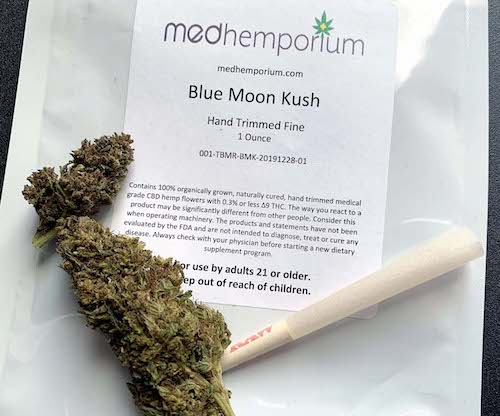
Some market participants say state bans on smokable hemp have caused disruptions to burgeoning sales channels. Mason Walker, CEO of East Fork Cultivars, a licensed hemp grower in southwest Oregon, told Hemp Benchmarks that his company “had steady business with Texas retailers” for smokable hemp prior to the state’s ban going into effect. He also said that there have been “false starts” in other states due to the threat of smokable hemp bans, citing North Carolina, Tennessee, and Indiana.
Are Legal Marijuana Markets Viable Sales Channels?
Some states where marijuana is legal – including Oregon, Colorado, and Illinois – have recently put in place regulated pathways for hemp products to enter those markets. However, the rules governing such programs, as well as existing market dynamics, have so far limited the penetration of hemp products, and smokable hemp specifically, into legal marijuana systems.
For example, Colorado’s rules allowing licensed recreational and medical marijuana stores to sell “Industrial Hemp Product” went into effect on July 1. However, a state Marijuana Enforcement Division “Compliance Tip” clarifies, “Plant material from an Industrial Hemp plant, such as flower, trim, fan leaves, or whole plant, is not considered Industrial Hemp Product,” thus excluding smokable hemp flower. Illinois’ rules state similarly, “Hemp flower may not be sold to dispensaries.”
In Oregon, where smokable hemp may enter the state’s legal marijuana market, Walker noted that a “very small amount” of East Fork Cultivars’ hemp production is sold to legal marijuana businesses. He said there is “not a huge market opportunity to move [hemp] supply into the adult-use marketplace,” pointing out that CBD products in general make up a small proportion of sales in that system, where consumers are focused mainly on THC.
Selling hemp products into legal marijuana markets also comes with increased regulatory burdens (and their associated costs) not found when selling to general processors and retailers. These can include seed-to-sale tracking of products, various types of required testing, and business licensing or registration. Such hurdles can dissuade hemp producers from attempting to enter legal marijuana markets.
Another Case of “Wait and See”
Somewhat similar to CBD overall, smokable hemp represents both a promising and challenging opportunity for businesses, which must navigate an uncertain and shifting landscape while awaiting regulatory clarity.
“We want there to be a reasonable legal path for smokable flower because it is so popular and there really is no reason why it shouldn’t be,” Erica Stark, Executive Director of the National Hemp Association, told Hemp Benchmarks. “But until we can get consensus on how we’re going to test [to distinguish it from marijuana], it’s going to be an issue. Until that time we’re at the mercy of how each state wants to interpret how they should handle differentiations between hemp and marijuana, and whether hemp flower itself is legal in that state.”
*Editor’s Note: The JD Supra article linked above cites Illinois and Colorado as examples of states that “expressly authorize [smokable hemp’s] manufacture and sale.” We believe this to be incorrect. Brian Koontz, Industrial Hemp Program Manager for the Colorado Department of Agriculture (CDA), told Hemp Benchmarks that, as far as he knows, there are no restrictions on smokable hemp in the state. However, CDA does not regulate it; in other words, there are no affirmative rules allowing the production and distribution of smokable hemp flower specifically. A request for clarification on smokable hemp policies submitted to the Illinois Department of Agriculture was not returned by our publication deadline. Additionally, as noted above, both states prohibit smokable hemp flower from entering their legal marijuana markets, while allowing other hemp products to do so.

